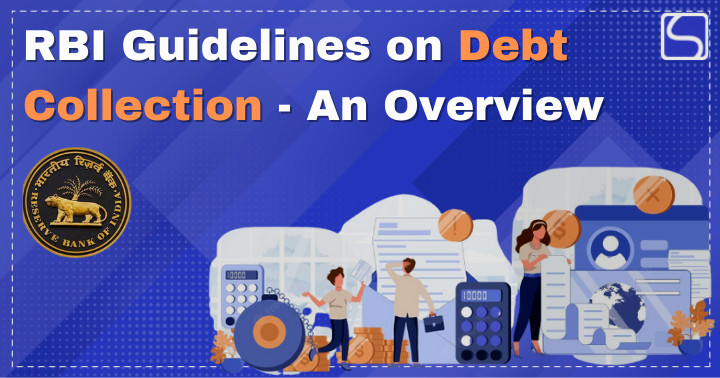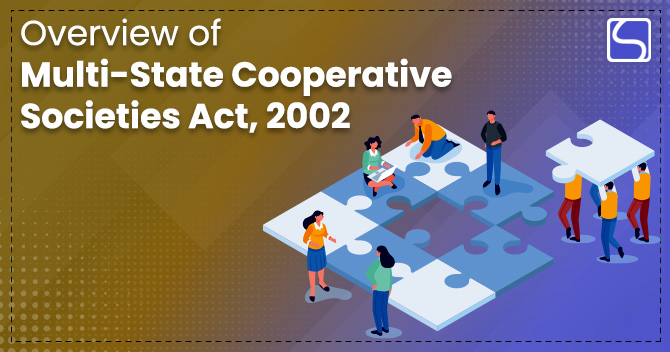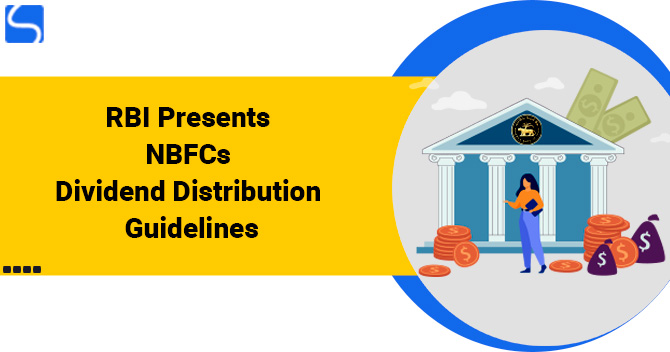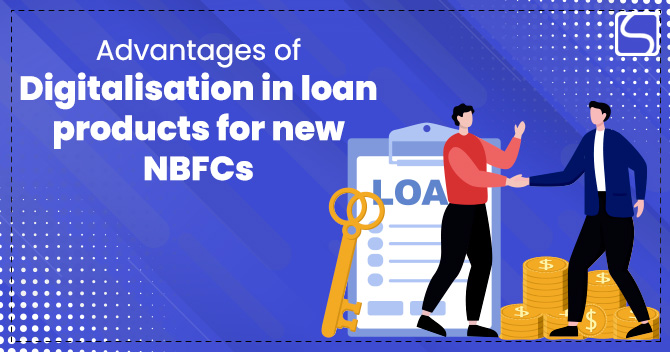RBI Guidelines on Debt Collection – An Overview

Astitva Kumar | Updated: Dec 22, 2022 | Category: RBI Advisory
Any commercial bank that is properly registered with the Reserve Bank of India must perform the essential tasks of accepting deposits and making loans. Both individuals and entities can use such facility. But the recovery of such loans and enforcement of securities charged against such loans are challenging tasks for banks and financial institutions. When a borrower is unable to pay off their obligations or doesn’t make the required loan instalments, the debt collecting agencies will be notified of their delinquency. A debt collector may be responsible for collecting unpaid amounts on credit card balances, phone bills, auto loan payments, utility payments, and unpaid taxes, etc. To get the debtor to settle their account, these agents can employ various tactics, including contacting the debtor’s home and office phones and even dropping by the borrower’s home. The RBI, as part of guidelines on the Fair Practices Code, has advised REs that they should not resort to intimidation or harassment of their borrowers or calling them on the phone at odd hours in the process of their debt collecting efforts. In this blog, we will discuss RBI Guidelines for Debt Collection.
Table of Contents
What are the RBI guidelines on debt collection?
The RBI periodically releases guidelines as part of the Fair Practices Code (FPC). Recently, the RBI published the debt collection guidelines, ordering organisations to adhere to a predetermined procedure for loan recovery through third-party agents. For loan recovery, financial institutions work with outside service providers. According to RBI requirements, banks and other lenders are required to list on their websites the names of all recovery agencies they have hired. The RBI circular is a step in the right direction because there are many incidents of borrowers being hounded at strange hours. Even though order does not fundamentally alter from past instructions but still such circumstances will be restricted by this circular.
According to the RBI’s most recent circular, REs must absolutely guarantee that they or their agents do not use intimidation or harassment of any type, whether verbal or physical, against anyone in their debt collection efforts. This includes acts intended to humiliate publicly or intrude upon the privacy of the borrower. Also, debt collecting agents cannot send inappropriate messages either on mobile or through social media or calling the borrower before 8:00 am and after 7:00 pm for recovery of overdue loans. Even if it does not fundamentally alter from past instructions. Such circumstances shall be restricted by this circular.
What are debt collectors prohibited from doing?
The following approaches can be considered by debt collection agencies:
- They cannot threaten to hurt the borrower
- They cannot use obscene or profane language
- They cannot repeatedly use the phone to annoy or harass the borrower
- They cannot tell the borrower that they owe a different amount than what they actually owe
- They cannot pretend to be an attorney or from the government
- They cannot try to collect interest, fees, or other charges on top of the amount borrower owe unless the original contract or law says they can
- They cannot publicly reveal your debts, including by sending postcards or putting information on envelopes.
What are the laws governing debt-collecting agencies in India?
Indian debt recovery laws are intended to shield consumers from unethical tactics used by debt collectors. Consumers are protected from debt collectors’ harassment, intimidation, and excessive pressure. The regulations, however, are not intended to shield consumers from the repercussions of their decisions, which is why they do not stop debt collectors from suing customers for the debt. Additionally, even if a consumer is unable to pay the debt, the regulations are not intended to shield them from doing so. Consumers are only protected if they can demonstrate that the debt collector is attempting to collect a debt that is not theirs.
Indian debt collection agencies are governed under the Recovery of Debts & Bankruptcy Act, 1993, and the Securitization & Reconstruction of Financial Assets & Enforcement of Security Interest (SARFAESI) Act, 2002. According to these Acts, debt collectors must give the debtor written notice of the debt. The notice must explain the total amount owed, the creditor’s name and address, and the debtor’s right to contest the claim.
Additionally, these Acts forbid debt collectors from employing unfair, abusive, or deceptive methods to collect debts. Additionally, they give customers the option to report a debt collector if they feel they have been mistreated. Besides these Acts, there are several RBI guidelines which protect the borrowers from any harassment.
How can a customer file a complaint with the RBI if they are being harassed?
Customer can register their complaint with the Banking Ombudsman, which has been formed by the Reserve Bank of India to address client complaints regarding bank services, including the following:
- The bank’s non-adherence to the fair practices code,
- Non-compliance with the Banking Codes and Standards Board of India;
- Non-adherence to Reserve Bank guidelines[1] on bank recovery agents
Conclusion
Banks and other financial institutions are by far one of the most important parts for any economy around the world. The basic commercial function of banks is to lend money and charge interest on its repayment. A well-functioning financial and banking system in the country makes it developed and sound. Collecting a past-due debt is a legal way for creditors and debt collection agencies to get money that’s owed to them. If you’re late on payments or haven’t made them at all, you owe it to companies to pay that money back. Otherwise, you could face a barrage of calls and letters from debt collectors trying to collect a debt. Even if you might owe money, you have the right to be protected from a debt collector’s dishonest or aggressive tactics. You can immediately take legal action if someone is bugging you about paying a debt.














